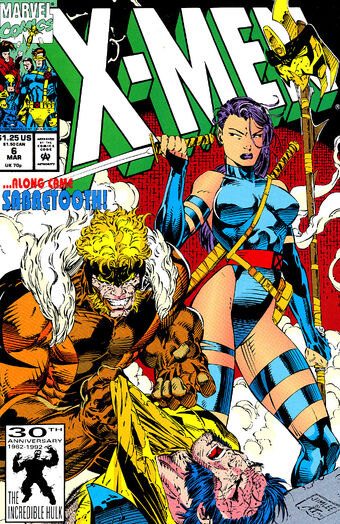The purpose of this blog is deliberately not political. I could write an 800 word column about current affairs every day and publish it here. Many mistakes would be made, no doubt, but it could be done. Instead, I’ve stuck more to musings about literature and to a lesser extent television, film and art. I haven’t even touched on music. When I get political, it’s largely about free speech and cultural issues surrounding the notion in an age where censorship is seen as something only a government can indulge in.
At the start of the year I plucked A People’s History of American Empire from my shelf. It’s a graphic novel adaptation of historian Howard Zinn’s A People’s History of the United States and it was refreshing in its skepticism, honesty and reminders of long forgotten attrocities committed by the U.S. that are all really tied to an ongoing notion of Manifest Destiny.
I’ve been thinking a lot lately about Julian Assange and Edward Snowden, two whistleblowers who revealed vast wrongdoing by the U.S. government, starting with Chelsea Manning’s leak about U.S. war crimes in 2010 and followed by Edward Snowden’s revelation of a massive and illegal government surveillance and data collection observation. Assange is in jail in the United Kingdom, fighting extradition to the U.S., where he would be charged under the espionage act. Snowden lives in exile in Russia and would face Espionage Act charges were he to ever return home.
It’s a common American refrain that the accused should be willing, if not eager, to face trial, if they believe they acted rightly. But the Espionage Act would prevent either from using the substance of their information leaks as a defense for their actions. A jury would not be able to fully consider the argument that they broke government secrecy laws only to expose larger and more eggregious crimes by the government. When you’re charged under the Espionage Act, your defense is immediately hobbled. Chelsea Manning went to jail. Refusing to participate in an unfair trial seems reasonable though such a refusal is, also, a crime. The accused, in these circumstances, are practically left with the choice of accepting punishment they don’t deserve or continuing to commit crimes to avoid unfair persecution.

Let’s let all that rest. The reason I’m bringing it up now is that Zinn is friends with Daniel Ellsberg and in his book he recounts Ellsberg’s leaking of the Pentagon Papers, which revealed the complete history of the U.S. and Vietnam, including how the Gulf of Tonkin incident was staged by the U.S. as a justification for war. Ellsberg brought the Pentagon Papers to The New York Times in 1971 and the paper resisted government orders and injunctions not to publish them. It was a principled choice that might not fly today, in a world where digital advertising agencies and social media platforms now dictate news content with an eye only towards their own bottom lines and friendly government relations.
Another interesting point is that Ellsberg was indicted and put on trial but that the charges were ultimately dismissed because President Richard Nixon had ordered his cronies to break into Ellsberg’s property, seeking information to discredit him. Imagine that — a judge finding the actions of the executive branch so inappropriate, illegal and alarming, that a prosecution was halted. We seem farther from that kind of thinking today.
At this point, I’d like to see Assange and Snowden pardoned. Both, for all they may be criticized for, revealed information that self-governing citizens have a right to know. We have a lot of work to do to get there, though, and I think it’s going to require a turn back towards older forms of radical thinking where we collectively defend what’s right, rather than what’s written into the law.
Antigone forever!
